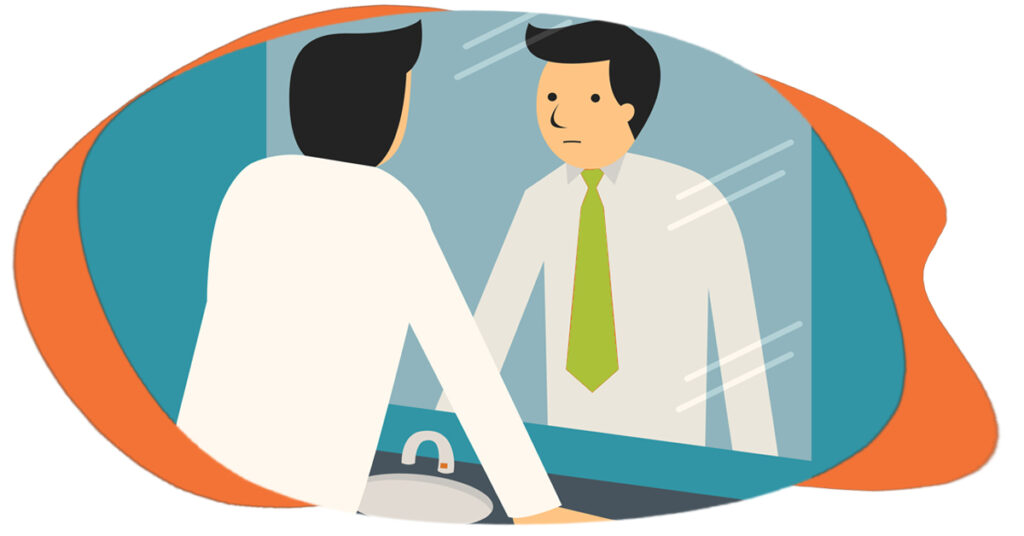Self-awareness is a critical skill that plays a fundamental role in personal development, professional success, and overall well-being.
It encompasses the ability to introspect and recognize one’s own emotions, thoughts, motivations, and abilities. Understanding your strengths and weaknesses can significantly influence your life choices, career trajectory, and relationships. In this article, we will explore the significance of self-awareness in understanding one’s abilities and how it can lead to a more fulfilling life.
Understanding Self-Awareness
Self-awareness can be defined as the conscious knowledge of one’s own character, feelings, motives, and desires. It is the foundation upon which individuals build their understanding of themselves. This process involves introspection and reflection, allowing individuals to analyze their thoughts and behaviors critically. The journey to self-awareness requires honesty and a willingness to examine oneself without bias.
The Role of Self-Awareness in Personal and Professional Growth
- Identifying Strengths and Weaknesses:
A key benefit of self-awareness is the ability to pinpoint your strengths and weaknesses. Recognizing what you excel at allows you to leverage these abilities effectively, whether in your personal life or career. For instance, a person who understands they are excellent at communication may pursue roles in public relations or teaching, capitalizing on their strength. - Setting Realistic Goals:
Self-awareness leads to more informed goal-setting. When you have a clear understanding of your capabilities, you can establish realistic and attainable goals. This clarity reduces the risk of setting yourself up for failure by aiming for goals that do not align with your abilities. For example, an individual aware of their time management issues may focus on improving this skill before committing to a demanding project. - Enhancing Decision-Making:
Self-awareness allows for more informed decision-making. When you understand your values and beliefs, you can make choices that align with your true self. This alignment is essential in both personal and professional contexts. For example, choosing a job that matches your passion rather than opting solely for financial gain can lead to greater job satisfaction and motivation. - Improving Relationships:
Understanding yourself enhances your ability to relate to others. When you are aware of your emotions and triggers, you can communicate better and respond more effectively in social situations. This awareness reduces conflicts and fosters healthier relationships, both personally and in the workplace. - Adapting to Change:
Life is full of changes and challenges, and self-awareness equips you with the tools to adapt. By understanding your reactions to stress and uncertainty, you can develop strategies to manage them effectively. This adaptability is crucial in today’s fast-paced world, where change is often the only constant.
Strategies to Enhance Self-Awareness
Gaining self-awareness is an ongoing process. Here are effective strategies to cultivate this essential skill:
- Reflective Journaling:
Keeping a journal can help process thoughts and feelings. Regularly writing about your experiences, reactions, and emotions can provide insight into your behavior and thought patterns. - Seeking Feedback:
Asking for feedback from trusted friends, family, or colleagues can provide external perspectives on your abilities and behaviors. Be open to constructive criticism, as it can highlight areas for improvement you may not recognize. - Personality Tests:
Taking personality assessments, such as the Myers-Briggs Type Indicator or the Enneagram, can help you understand your inherent traits and preferences. These tools can serve as a starting point for deeper self-reflection. - Mindfulness Practices:
Engaging in mindfulness techniques, such as meditation or yoga, can enhance your self-awareness. These practices promote a deeper connection with your inner self and foster a non-judgmental awareness of your thoughts and feelings. - Setting Goals for Improvement:
Establish specific, achievable objectives based on your self-assessment. Whether it’s improving a skill, working on emotional regulation, or enhancing communication, these goals can guide your personal development journey.
Conclusion
In conclusion, self-awareness is an invaluable skill that empowers individuals to understand their abilities, make informed decisions, and foster meaningful relationships. By recognizing your strengths and weaknesses, you can navigate life’s challenges more effectively and pursue paths that align with your true self. Cultivating self-awareness requires effort and commitment, but the rewards—greater fulfillment, improved performance, and enhanced relationships—are well worth it. Embrace the journey of self-discovery, and watch how it transforms your life for the better.
By prioritizing this essential skill, you will not only enhance your personal and professional life but also contribute to a more empathetic and understanding society.

